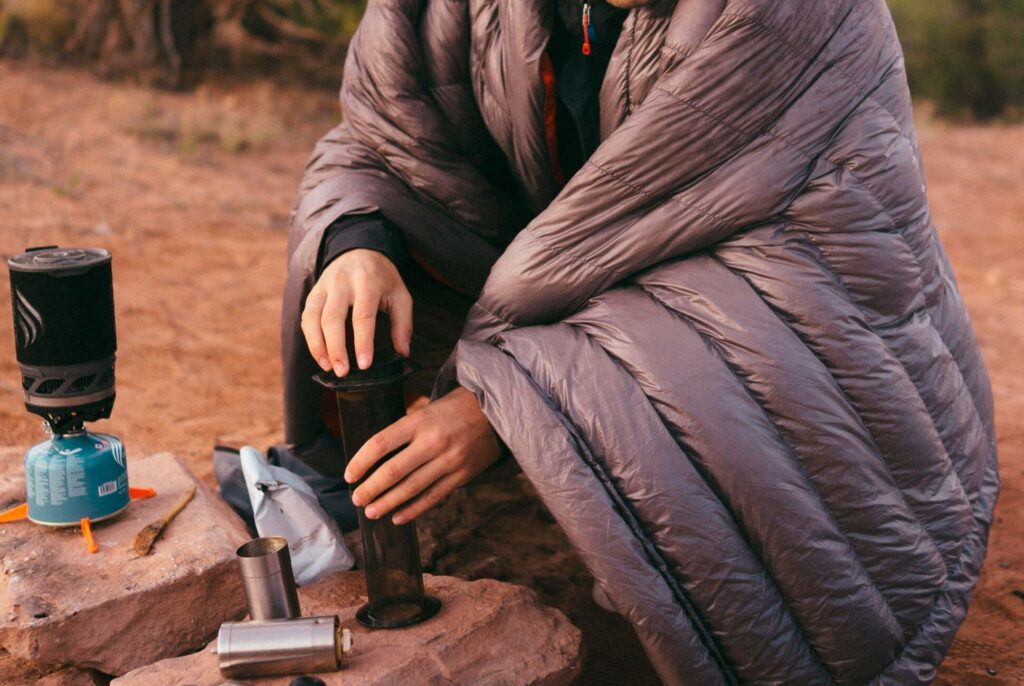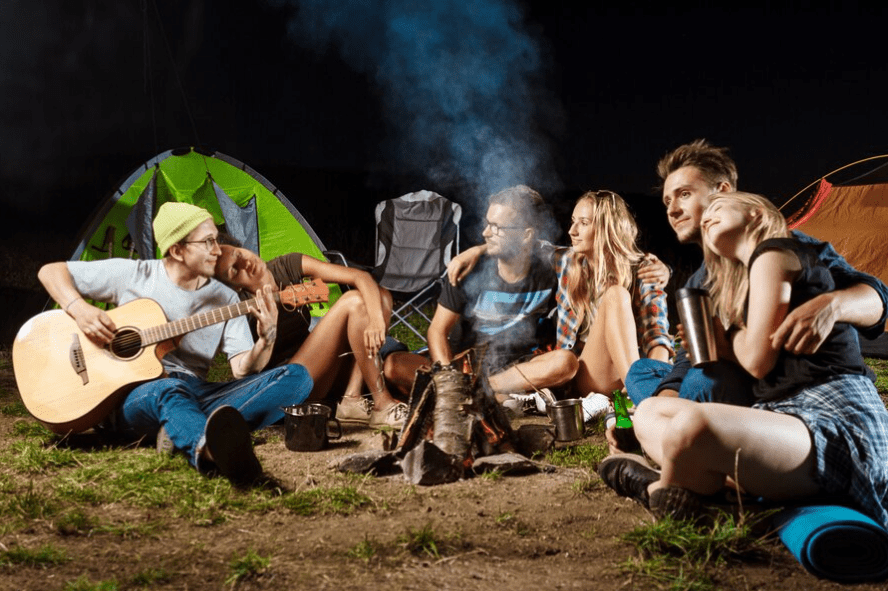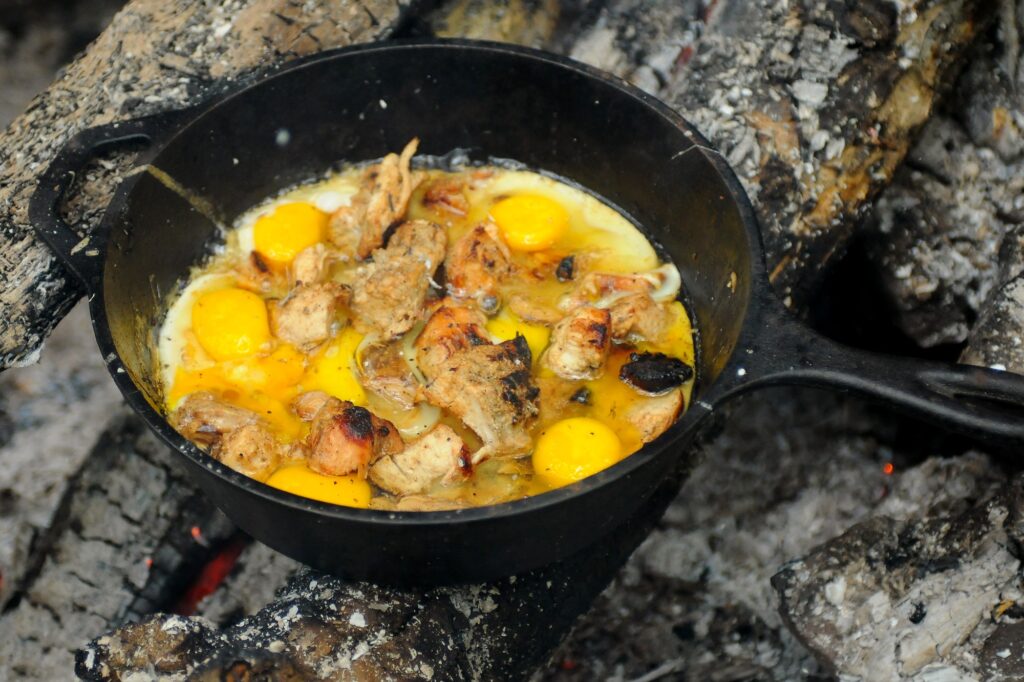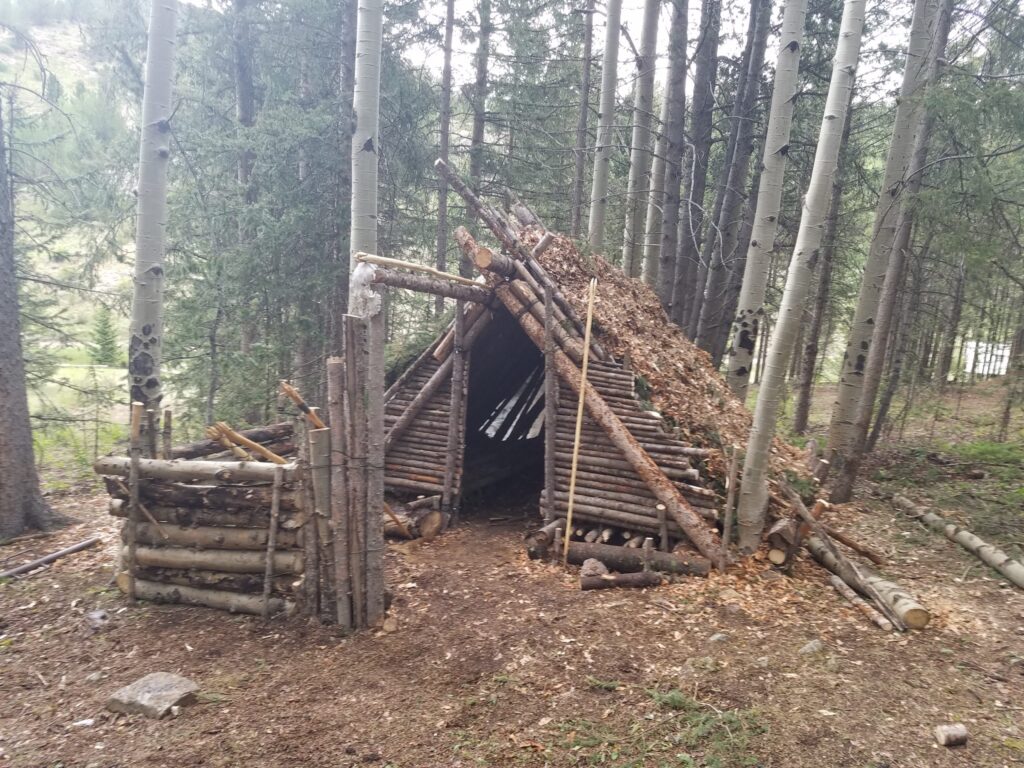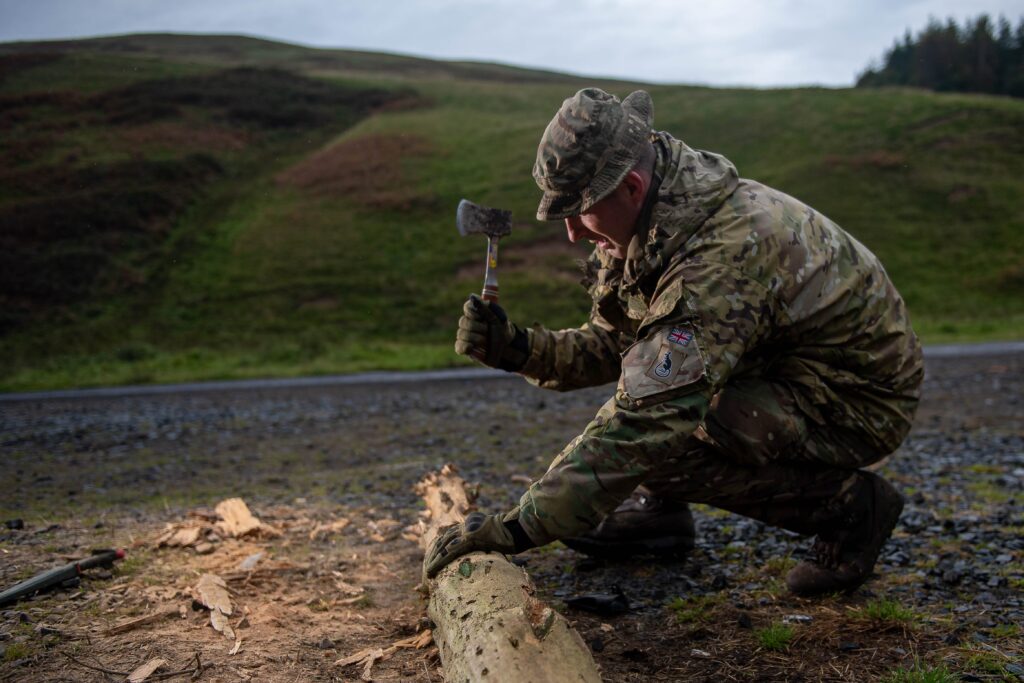Camping is a favorite time for all, irrespective of where you are located. When you plan camping, it should be appropriately taken care of from pre-planning to camping at the site to back home. However, some campers end up making common mistakes either due to hurry or not being aware of. In this article, you will see what these important things are that you should never do when camping.
Table of Contents
Some of the Important Things You Should Never Do When Camping
What not to do when heading to a campsite
Don’t Plan Poorly- Do not forget the 7 P’s-“Proper Planning and Practice Prevents Piss Poor Performance.” Take time to plan properly before heading to the campsite.
Have the following packed:
- The essentials
- Itinerary
- Getting proper gear
- Fuel needs
- Camping essentials
- First aid kit
- other stuff regarding camping
This ensures that you can enjoy the camping time to your fullest. Comfort, convenience, and essentials are a must with a backup plan. Check the wildlife at the camping location, weather, camping times, your gear, equipment in working condition, local laws, and so on beforehand. All this pre-planning and research saves you time and money during camping thereby enjoying the holiday.
Do not forget the first aid kit and other camping essentials- Ensure all your camping essentials and first aid kit is tucked in. This can save you in an emergency. These essentials can include basic equipment like a torch, compass, maps, emergency lights, and so on, bug sprays, essential camping gear, food, utensils, camping stove, and so on. This depends on the camping site and its rules.
Right campsite- Do ample research on your campsite, their rules, and what they provide. This can include a water supply for cooking, drinking, cleaning up, and so on. How well the campsite supports your weather and other safety essentials should also be checked upon.
The following spots make good campsites:
- Day trips- Selecting a basecamp for camping during the day should offer shade, though your tent’s canopy is shading you. Direct sun can hit the tent to heat or trap heat within.
- Windy weather- The other aspect is wind-prone camping locations. Choose a campsite where there are trees and boulders to block the wind and give a break.
- Low spots- Camping in narrow canyons or along a river is best when you are camping on higher ground. This will shield you from a bad climate overnight. Lower spots can collect water and can get chilly.
- Beach- When camping at the beach, camp beyond the tide line.
- Avoid these spots- Avoid camping on a lakeshore, plant-filled meadow, animal track regions, or pristine spot. Instead, choose bare ground or a smooth rock to camp. This will ensure no harm to nature and minimal impact.
- Winter camping- Camp higher as cold air accumulates in valleys, a camp where the sunlight is falling in the morning, observe the snow surface for soft and brittle spots for the harsh wind to avoid this spot for camping and avoid the spot of avalanche activity.
Keep your mind clear of your abilities- Do not overestimate your camping abilities and consider yourself Ray Mears or Bear Grylls and put yourself in danger. Have sufficient equipment and camp in the research of what you know and known through locals.
Forgetting to leave your itinerary- Leaving your detailed itinerary copy at home or campsite can be a good thing. This is because leaving it behind can get you some help in an emergency. People might turn for help to get a follow-up for your safe reach to home. It could be your family or friends.
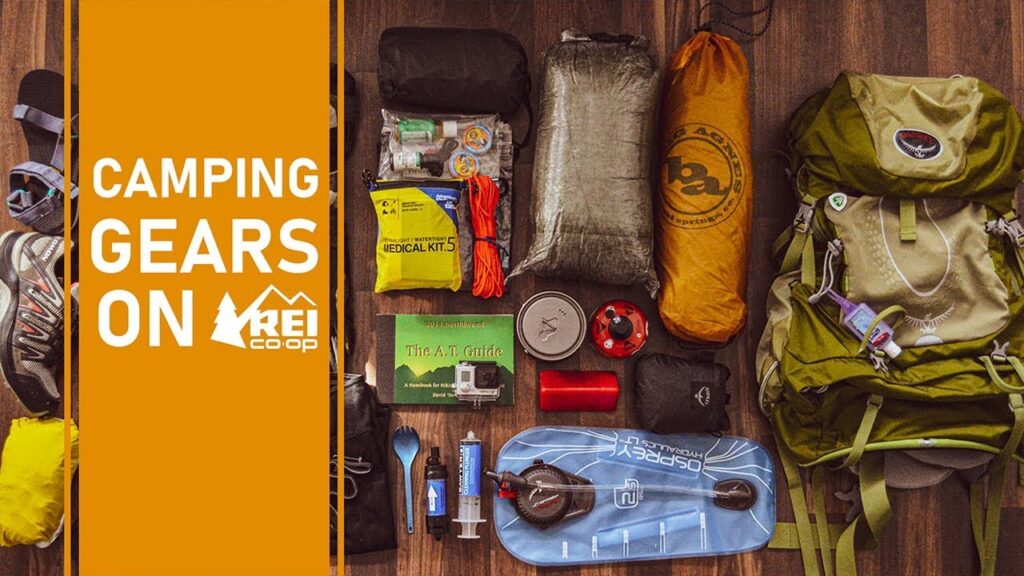
At Your Campsite
Leaving unattended fire- An unattended fire can begin a larger fire and can get way out of control to beyond what you initially started. It can be hazardous as a little spark flying out or spreading out can wipe out scrublands, and forest sections and devastate the entire land. It can harm homes, wildlife, habitats, and land. Never leave a burning fire unattended for the sake of nature, yourself, and your fellow campers.
No generators post darkness- If your camping is on a communal campground or a caravan park, switching the generators off prior to 9-10 pm is mandatory. It is part of your camping etiquette. This will enable calm to you, your fellow campers, wildlife, and the camping environment too.
Leaving your food out- When you are in a natural ecosystem in the woods, it is not nice to leave your food out with plenty of animals around. These animals could include chipmunks, squirrels, skunks, bears, and so on. They are hungry too. If you leave food out, they might ravage it and you might be left hungry. Moreover, if their eating does not bother you with sufficient food then there’s a huge mess to clean up later.
CTA-Store your food in the camping van or car or bring along bear canisters or bear bags for them to feed on. Remember to hang them for security.
Set past dark- Ensure to get to your campsite before darkness sets in. It is for your safety. Natural visible light is essential to avoid stepping over something that could be poisonous or not sure what it is. Even with the light source, you are not as clear as natural light all around. You might trip in darkness and not be comfortable doing this setting work as the ground may not be smooth or other inconveniences. This is comfort for you and your fellow campers. You have enough time to enjoy the dawn and darkness.
No rushing in the setup- Ensure that there is sufficient time for getting the right camping spot and for the setup. If you rush up, you might lose the best spot waiting for you or leave some things left behind. Early and no-rush camp setup will save some disappointment later like resetting or cold spots or lack of perfect ground for bedding and so on. Rushing in the wilderness can cost you.
Don’t wander alone- When camping ensure you are with your family campers and in the known zone. Don’t wander or let your family members wander alone when camping in the wilderness. If you are leaving somewhere, it is better to let others know of your leaving and to the location where you are headed to. Let them know the approximate time of return. This will ensure your safety. Do not go beyond what you know to be safe. Remember unexpected occur when you are least prepared.
Don’t disturb other campers- Remember camping is a social activity in its way. Just like you have come for a vacation and off from your work or routine life, other campers to have. Some fun and entertainment for you should not cost others peace. You do not want to offend or disturb anyone to an extent where they come barging at you.
Some of the common factors to look for are:
- Noise- Switch off your generator on time, putting down your speaker volume, or calling off the noisy party or noisy group chatter can get on the nerves of some campers.
- Pets- Ensure your dogs, cats, and other pets are with you and not wandering or poking their heads in other camper’s tents. Try leashing them when you are not around. This will avoid disturbance and also them not to wander off alone.
- Boozing- Keep your alcohol content under camp rules. Doing it beyond a limit can bother other campers and you go out of control too.
Do not forget to enjoy- Do not forget some camping entertainment along the way. You can enjoy the sounds of birds, sunset, natural space and environment, mud smell, flowers aroma, scenic landscape, walk on the grass, lakefront, and so on. But when you feel you had enough of it or when you want to enjoy some of your favorite music or play a game with a camping member, your camping entertainment equipment will come in handy. Enjoyment in what you wanted to do to the optimum will remain cherished as a memory and a good experience.

Green Camping
Green camping is eco-friendly camping. You should always ensure that while camping you are not messing with nature or its associations or harming them in any way.
Do not disturb the order of nature- It is not good to mess with the natural ecosystem, natural order, and wildlife when camping. If you find anything attractive or an untouched spot, don’t just tamper with it. It is always to settle in an established campsite for your and eco-systems safety. It becomes your responsibility to protect the order and nature while enjoying it without harming it.
Minimize eco-footprint- Be ecologically mindful, clean, and neat when commuting in nature. Enjoy the breeze, sights, and smells without tampering with them or destructing them. Minimize the eco-footprint by keeping it clean and neat. Keep the balance of nature by supporting it. It is not just your camping, you are leaving a spot for the subsequent camper, so clean up as you go.
Do not leave trash- Campers do a lot of things while camping like cooking, eating, playing, and so on. Leaving empty water bottles, chips covers, food waste and other rubbish is a big-no. Some of them are ecological hazards and do not decompose. They can choke the wildlife and spoil the environment. Though a majority of the people are socially and ecologically responsible, some may not either due to rush hour or other reasons. Respect nature and leave the trash in the trash and ecological aspects as it is.
CTA- Get a trash bag along with you and get your trash to put in the trash can or your home trash can.
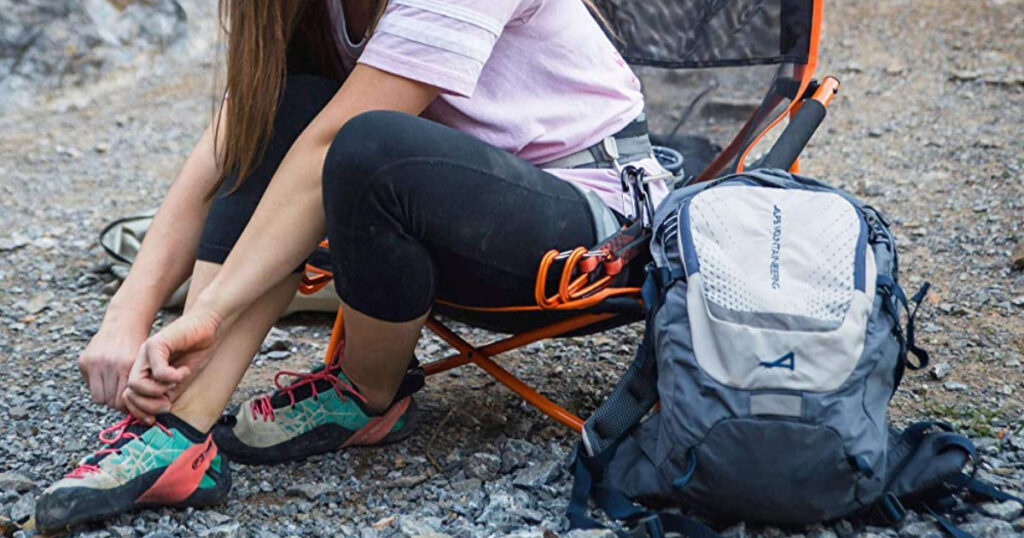
Things not to do at Camping with Animals
When you are camping in the wilderness or at a location where wildlife is prevalent, it is essential not to do certain things with animals while camping.
Do not feed the bears- It is recommended not to feed wildlife or directly hand the food to their mouths. Feeding wildlife can be dangerous. Even in a camping tent, it is best to keep the food away and far away from the sleeping spot. Though human intention may be good, feeding animals can draw them towards you or the campsite for food. This can put you and other fellow campers in danger. The other thing is that not all human food is good for all animals. It is best not to impact their health. Wildlife may get habituated to be dependent on human food.
Do not take selfies with them-It is best not to go near or approach the wildlife. It is dangerous getting close to them. Some campers would try capturing the wildlife in their picture but they want themselves as well in it. In the process, you might not pay attention to how close you are and how dangerous the wildlife could be. You are just feet off an elk or deer. It may or may not be friendly, could be hungry and any other thing. Avoiding such situations of getting selfies is best than to try escaping them. Keep sufficient distance.
Avoid flash- Several campers want to capture their camping moments in a picture. They want to cherish their adventure of camping and wildlife moments. However, in doing so, using a camera with a flash can startle the animals. In the process, it can harm the animals or their sight. Take photos from a sufficient distance and avoid flash. A zoom lens is much better and gets a close wildlife capture without a flash by taking your pictures in broad daylight or with sufficient light.
Don’t go near the wildlife around the campsite- Wildlife living in the forest or close to rivers as they are unpredictable. Having humans around can be threatening to them. You might feel tempted to have a moment but remember it is dangerous. You could either scare them or get scared as they can attack you in defense.
Take necessary measures- When camping or hiking in a bear country, always take precautions to avoid encounters with bears. Put the food in a bear hang and away from your tent. When hiking, have bear spray and bear bells to avoid bears reaching you.
Conclusion
Above are some important things you should never do when camping that will help your next camping trip safely. Your camping trip should be your adventure, vacation, a getaway spot, and a knowledgeable experience. Happy camping!

